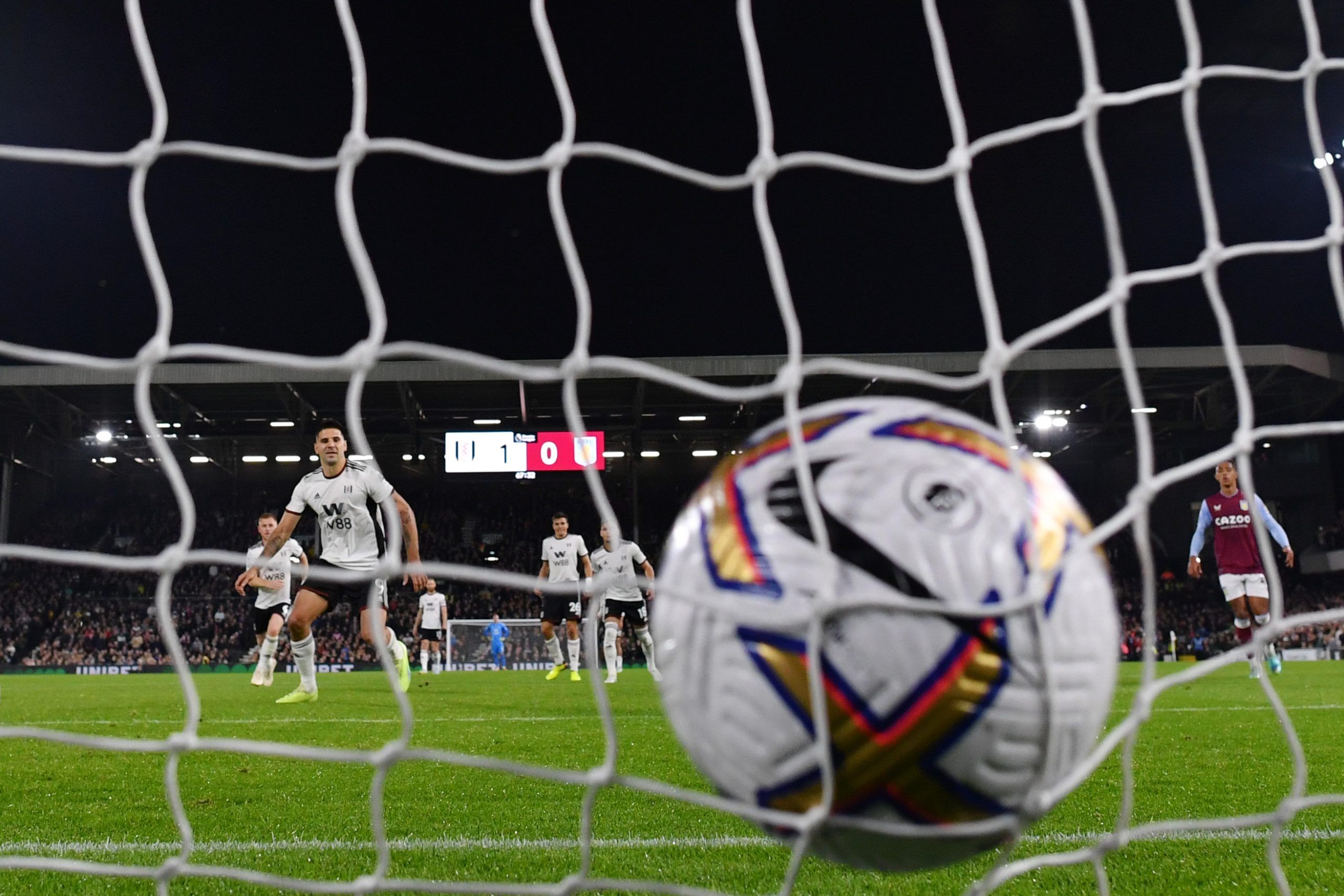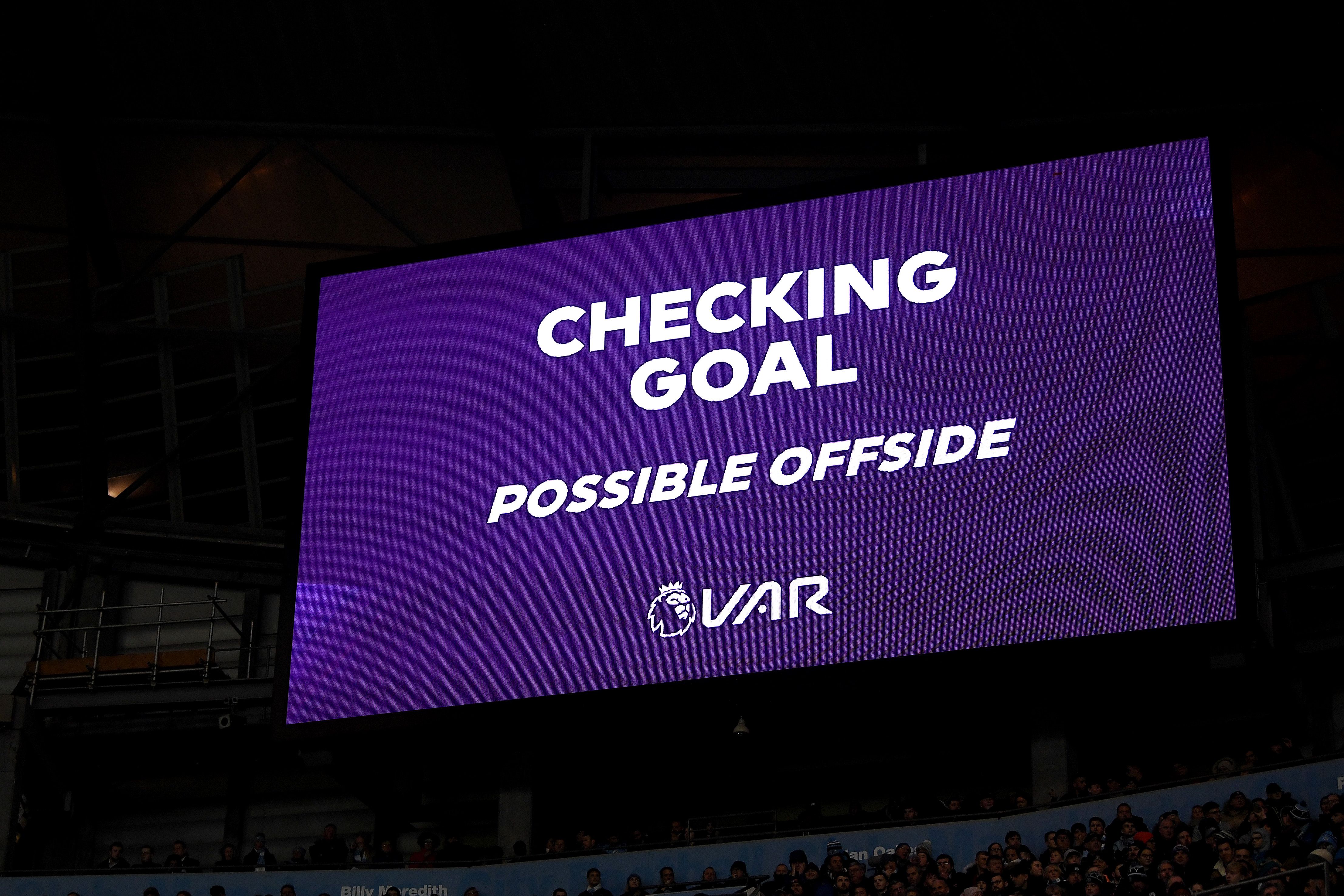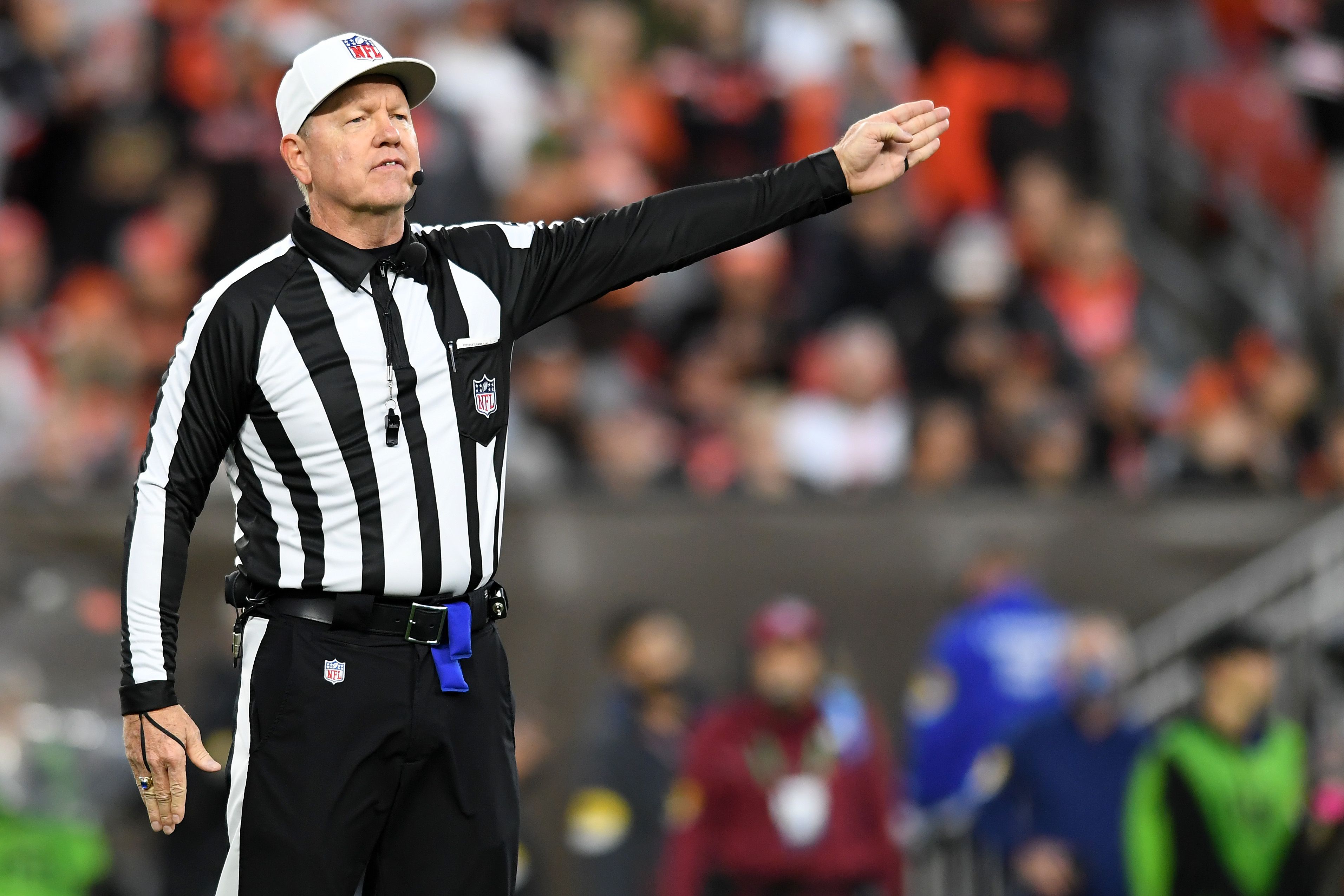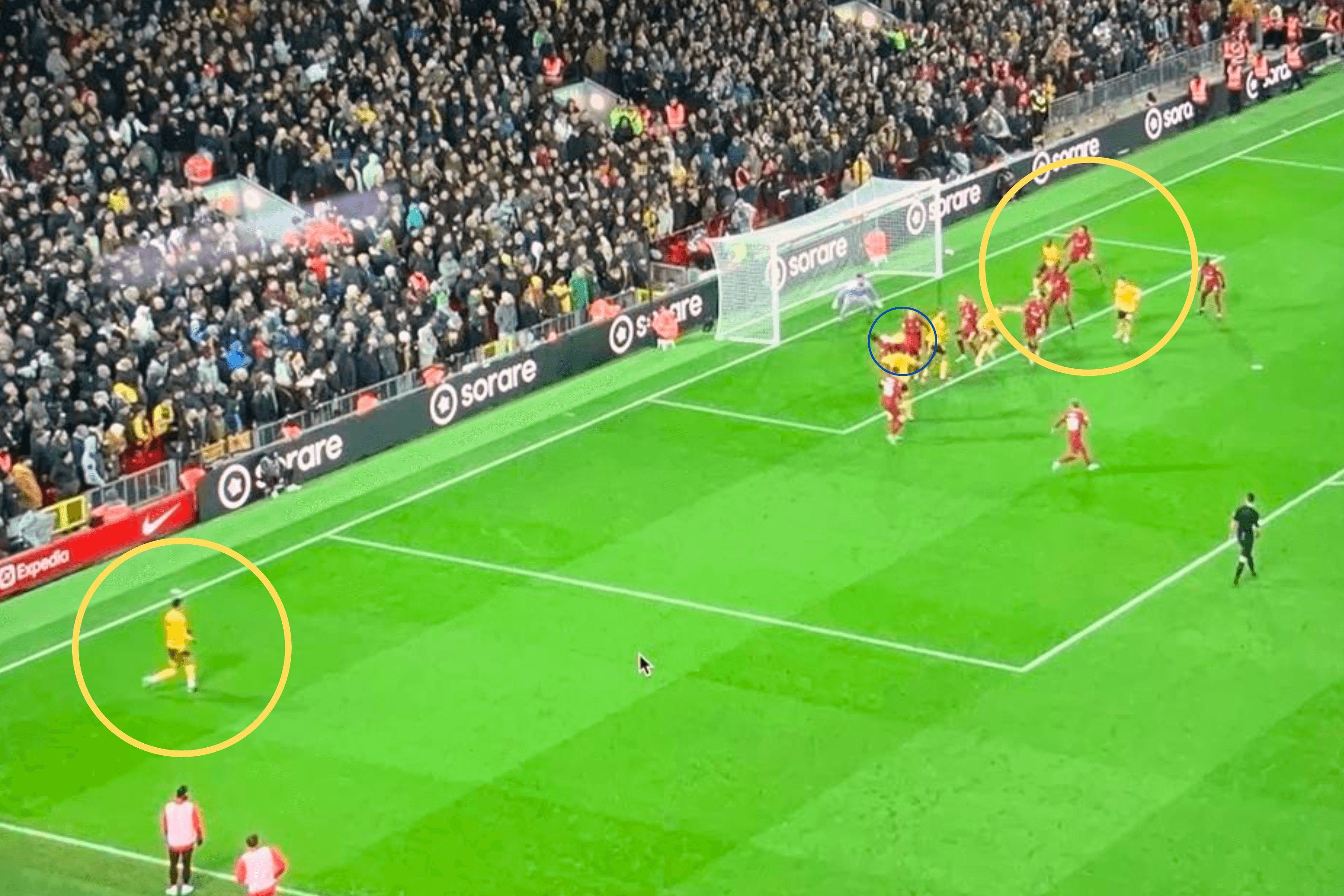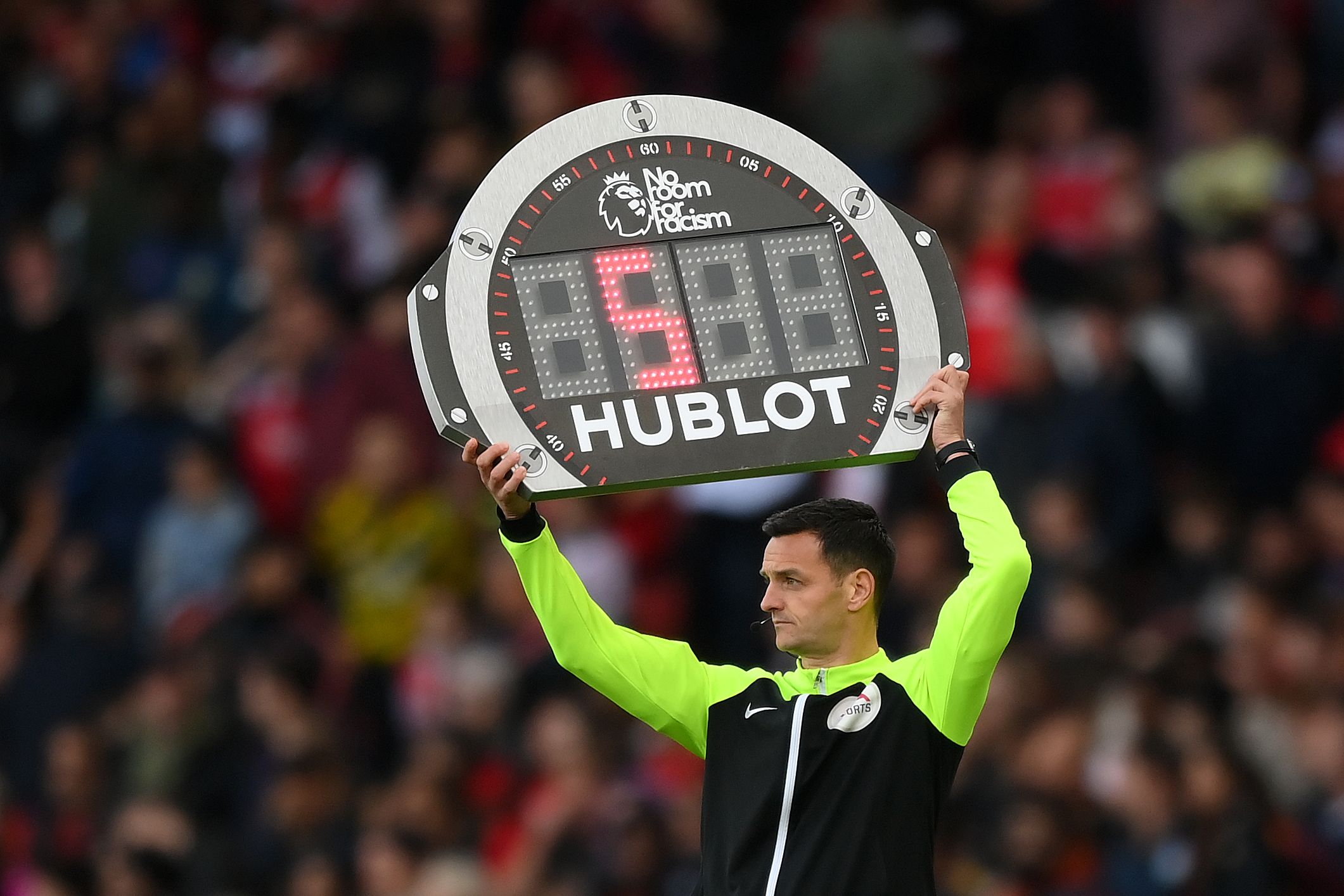Fans were caught off-guard when a white card was shown for the first time in professional football history in Portugal on Saturday.
In a landmark moment, the card was brandished just before half-time of a women's Portugal Feminina fixture between Sporting Lisbon and Benfica.
Although issued in exactly the same way as a yellow or red card, the white card was not shown as a punishment for ill discipline.
Instead, the white card - which is part of a new initiative in Portugal - is designed to recognise ethical behaviour.
In this instance, the card was awarded to medical personnel from both sides for rushing to the aid of someone who had fallen ill in one of the dugouts.
After the individual concerned had been treated, referee Catarina Campos received a warm round of applause as she showed the white card to medics from both sides.
READ MORE: White card shown by football referee during Sporting Lisbon vs Benfica
Although it's essentially only a symbolic gesture, it's still refreshing to see a positive act recognised in such a way.
Understandably, fans were surprised by the sight of a white card being issued. However, it's unlikely to be the last innovation to the game in the near future - as lawmakers seek to press on with a number of rule changes and trials over the coming months.
Recently, the Daily Mail highlighted five areas that the game's administrators are keen to improve and we've taken a look at them below.
MANCHESTER, ENGLAND - DECEMBER 29: The Big screen shows the VAR check for a possible offside during the Premier League match between Manchester City and Sheffield United at Etihad Stadium on December 29, 2019 in Manchester, United Kingdom. (Photo by Michael Regan/Getty Images)
Full explanation of VAR decisions to fans
Although VAR was introduced to try and clear up controversy during matches, it has somehow managed to make matters even more confusing at times.
Supporters inside stadiums have been routinely left in the dark when it comes to a proper explanation as to why decisions have been made by VAR - and it's often not much better for fans watching at home!
To try and prevent this sort of confusion, the International Football Association Board has granted its approval for 12-month trial of live communication of VAR-related decisions in stadiums and through broadcasters, using technology similar to that employed in rugby union and the NFL.
CLEVELAND, OHIO - OCTOBER 17: Referee Carl Cheffers #51 calls a defensive penalty during the fourth quarter of the game between the Cleveland Browns and the Arizona Cardinals at FirstEnergy Stadium on October 17, 2021 in Cleveland, Ohio. (Photo by Nick Cammett/Getty Images)
The first notable usage of the system will come at next month's FIFA Club World Cup in Morocco, but the trial will also see referees rigged up with microphones at a number of international tournaments.
Should the trial prove a success, the technology will then likely be rolled out across all elite competitions.
Wider use of the semi-automated offside system
Already used in the Champions League and the 2022 World Cup, the system takes only seconds to rule on offside decisions, using 12 cameras around the stadium to track both player and ball movement.
The technology also uses artificial intelligence to monitor 12 points on players' bodies to help in the decision-making process.
While still not perfect, a wider adoption of the system would avoid the farcical scenes we saw at Anfield earlier this month where VAR official Mike Dean couldn't review a potential late winner for Wolves against Liverpool because ITV cameras hadn't managed to pick up the movement of Matheus Nunes.
Wolves see goal ruled out for offside v Liverpool
READ MORE: Leaked footage of Wolves' 'offside' goal vs Liverpool emerges
The system is set to be introduced in Serie A this week, before being used in the Premier League before the start of next season.
'FIFA time' at the end of matches
One of the biggest surprises in the early stages of the 2022 World Cup was the sheer amount of time that was added on by officials at the end of each half.
On several occasions, added time at the end of matches went into double figures - a sight rarely seen around Europe's top competitions.
LONDON, ENGLAND - OCTOBER 09: Fourth official Andy Madley lifts the 'No Room For Racism' substitution LED board during the Premier League match between Arsenal FC and Liverpool FC at Emirates Stadium on October 09, 2022 in London, England. (Photo by Shaun Botterill/Getty Images)
Lawmakers are keen to give fans as much value for money as they can and are actively looking at ways to prevent time-wasting.
With 'ball-in-play' time in the Premier League this season at its lowest level in more than a decade, referees are set to be asked to be mindful that they accurately calculate the time lost to stoppages at the end of each half.
However, a proposal from former FA chief David Dein that the game should adopt a 'pure time' model using a countdown clock was shot down by the IFAB.
Body cameras for referees at the grassroots level
On the same note as the white card discussed above, football lawmakers are always keen to promote respect within the game.
Unfortunately, respect is often lacking at grassroots level, with the safety of officials having been identified as a 'global issue' by the IFAB at its most recent Annual Meeting.
To try and combat this problem, the board has given its approval for referees at grassroots levels to wear body cameras while on the pitch in the hope that this will stamp out anti-social behaviour.
There are no plans yet for this to crossover into the professional game. However, with technology improving all the time, a successful trial could well lead to the world's top officials eventually being kitted out with cameras - something that would take fans closer to the actions than ever.
Bans on deliberate heading at youth level
Another change that won't immediately alter football at a professional level, but will impact the next generation of players as they begin their journey in the game.
Deliberate heading has been banned at the under-12 level 'due to long-term health concerns, particularly among children, as their bodies and brain develop'.
Latest transfer news (Football Terrace)
Where a ball is deliberately headed by youngsters, referees have been instructed to penalise them by awarding an indirect free-kick to the opposition.
Should a defender head the ball in the box, though, they won't concede a penalty. Instead, an indirect free-kick instead awarded on the penalty spot.
This restriction is currently only in a trial stage, but its findings will determine whether heading the ball will be banned permanently in all under-12 football.
You can find all of the latest football news and rumours right here.




















